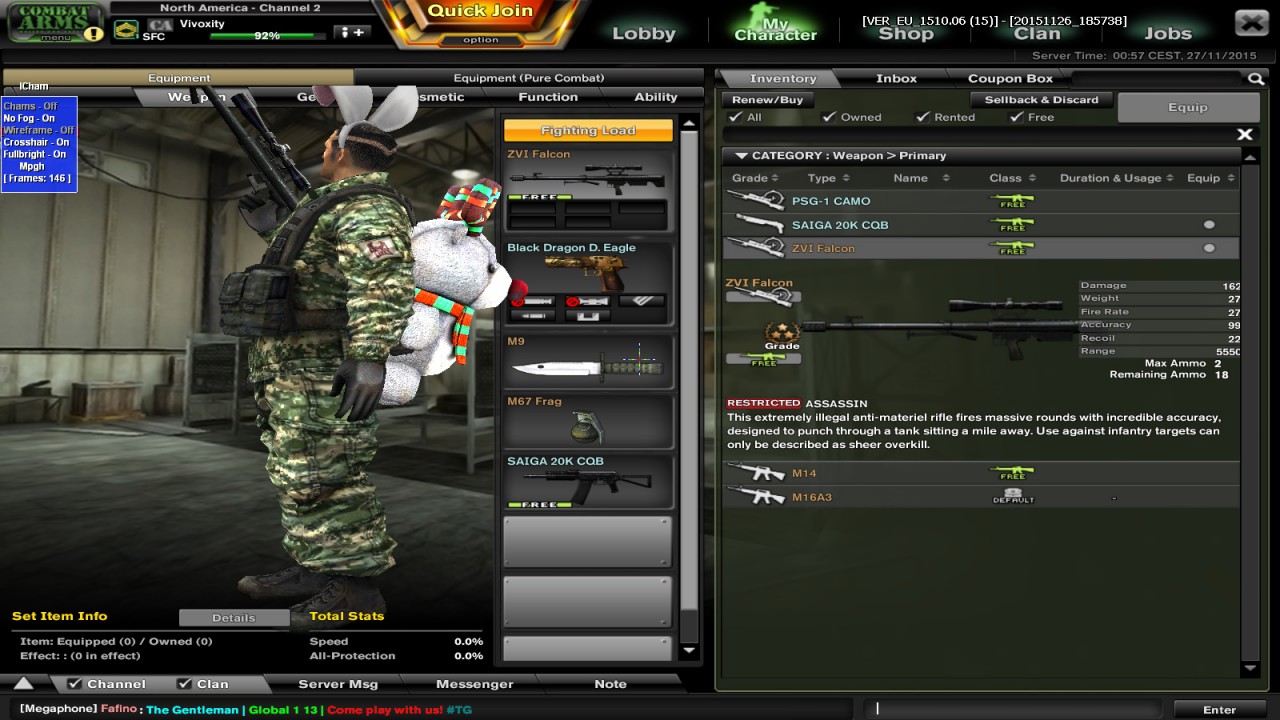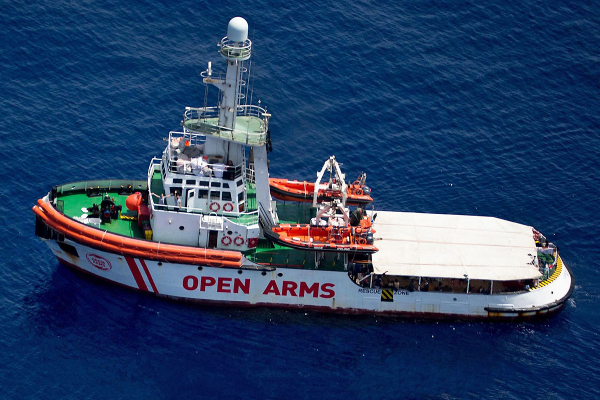

When Spain started to install sophisticated, quasi-miltary border control systems along the Strait of Gibraltar, smuggling professionalised and migrants started to fan out over an increasingly diverse array of crossing points on the long Mediterranean and Atlantic coastlines. This was initially a small-scale, relatively innocent operation run by local fishermen.

#Combat arms migration free#
With the introduction of Schengen visas in 1991, free entry into Spain and Italy was blocked, and North Africans who could not obtain visas started to cross the Mediterranean illegally in pateras, small fisher boats. This experience exemplifies that open migration doors tend to be revolving doors. Most migrants and visitors would go back after a while, to be close to family and friends, because life back home is less expensive, and because they could easily re-migrate. However, this migration was largely circular. Before that, Moroccans, Algerians and Tunisians could travel freely back and forth to work or go on holiday. In the current panic about the issue, it is often forgotten that so-called 'boat migration' across the Mediterranean is a 25-year old phenomenon that started when Spain and Italy introduced (Schengen) visas for North Africans. Longer and more dangerous routes means more people who get injured or die while crossing borders, which then leads to public outrage and calls for even more stringent border controls. As a very useful graph (see below) drawn by the prominent migration researcher Jørgen Carling illustrates, the EU has been caught up in a vicious circle in which increasing number of border deaths lead to calls to 'combat' smuggling and increase border patrolling, which forces refugees and other migrants to use more dangerous routes using smugglers' services. The fact is that 25 years of militarising border controls in Europe have only worsened the problems they proclaim to prevent. As experience and research has made abundantly clear, they have mainly (1) diverted migration to other crossing points, (2) made migrants more dependent on smuggling, and (3) increased the costs and risks of crossing borders. As we are able to witness during the current 'refugee crisis', increasing border controls have not stopped asylum seekers and other migrants from crossing borders. and Mexico law enforcement partners committed to enhanced information sharing and future coordination meetings.The billions spent on the militarisation of border controls over the past years have been a waste of taxpayers' money. The two delegations discussed how they could build on and further strengthen existing coordination of enforcement efforts and information-sharing, in order to combat arms trafficking and human smuggling.īoth agreed to continue to identify, investigate, and prosecute individuals responsible for the illegal exportation of firearms that are ending up in the hands of violent cartels and criminal organizations. The Mexican delegation, led by Undersecretary of Public Security Ricardo Mejia (SSPC), included representatives of the Mexican Prosecutor General’s Office (FGR), the Baja California Attorney General’s Office, the Army (SEDENA), the Navy, (SEMAR), the National Migration Institute (INAMI), National Intelligence Center (CNI), the National Guard, and the Foreign Ministry (SRE). Border Patrol the Justice Department’s Office of Overseas Prosecutorial Development, Assistance and Training (OPDAT) and the San Diego District Attorney’s Office. Drug Enforcement Administration the Bureau of Alcohol, Tobacco, Firearms, and Explosives (ATF) Homeland Security Investigations U.S. Attorney Randy Grossman for the Southern District of California and California Attorney General Rob Bonta, as well as representatives from the FBI U.S. delegation was led by Ambassador Salazar and Deputy Assistant Attorney General and Counselor for International Affairs Bruce Swartz, and included Acting U.S.

Specifically, the two delegations discussed deepening coordination on fighting human smuggling and firearms trafficking in the region.

Ambassador to Mexico Ken Salazar and the Department of Justice’s Office of International Affairs hosted a regional bilateral meeting in Tijuana, Mexico to discuss security cooperation matters.


 0 kommentar(er)
0 kommentar(er)
